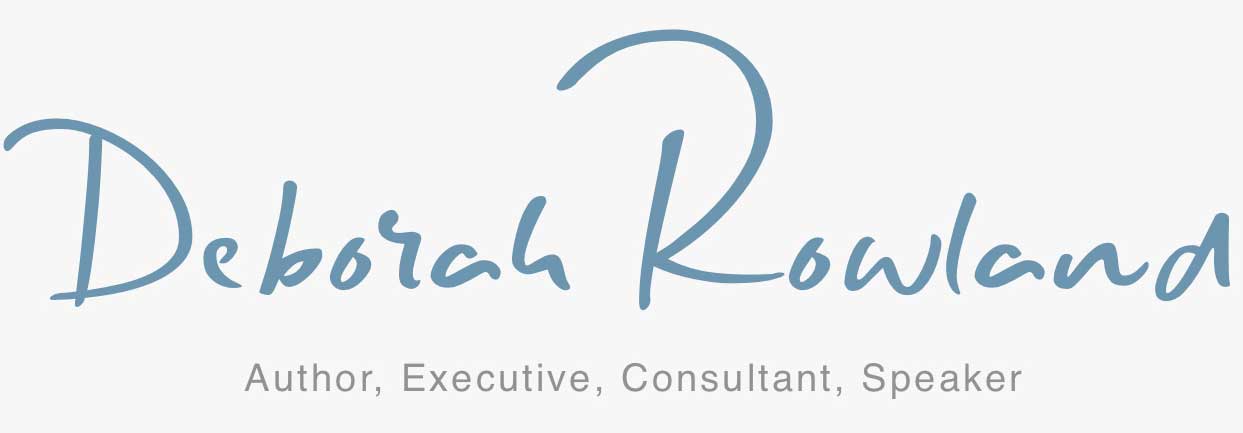Brexit in the Shadow of the Somme
This morning last week I woke to the seismic shock of the UK vote to exit the European Union. This morning, July 1st 2016, at 7.28am I observed a two–minute silence held across the UK in memory of the 19,240 British soldiers killed by German machine guns on this single day, exactly 100 years ago. The unimaginable horror of the Battle of the Somme not only gave the British their bloodiest day in military history, over five months the offensive led to 1.5 million young men (including 460,000 German and 420,000 British) being wounded or killed. Not much was gained from such enormous personal sacrifice. But the event changed Europe, brought down four European dynasties and has left the bones of a generation buried in the earth of northern France.
Somehow, in such a context, Brexit feels retrograde. For a half a century the EU has sought, and succeeded, to maintain the peace of a continent whose neighbours across time have been more naturally predisposed to be at war. We, my nation, after 43 years, have now chosen to leave that Union behind. One ofmy neighbours, who voted Leave, said to me last Friday that he had done so because he hates that we are being “run by that German lady Merkel”. Another voiced, “The French didn’t help us much at the start of the second world war, why should we help them now?” I was shocked. We can, we should be, so much better than that. Being in union with another requires that we accept the niggles as well as the joys, the pain as well as the pleasure. Love removes us from our centre and asks that we find our edge.
This is not always comfortable. Next week I will be in Germany, enjoying my time with a client organisation I have grown very fond of in the last three years. How will I feel when I step off that plane, on Monday, and face my Europeancolleagues – and now friends? How will they view me in this deep messy line of time, in which Brexit has now deposited a sizable geopolitical rift? It perturbsme: and not just because I voted to Remain, but because of the turmoil and divided nation the vote to exit has left in its wake.
David Cameron – our leader who led us into this state – has unleashed forces he can no longer control. Hate crime against immigrants was reported by the police to have risen by 57% in the four days following the referendum. I abhor prejudice, of all kinds. I wonder if all those enjoying the genteel pleasures of Wimbledon in these two weeks realise that 99.9% of the British strawberries they will eat have been picked by East Europeans – as we locals refuse to perform such menial tasks? We now have a leadership vacuum at the top of government. In the Conservative Party’s leadership contest, the very Tory politicians who most campaigned for Leave are now “Brexecuting” each other, and the lead candidate, Boris Johnson, has pulled out of the race. To boot, the halfhearted Leave campaign from Labour party leader Jeremy Corbyn has tipped his already miffed MP’s, resulting in an overwhelming vote of no confidence for their leader. Uncontained leadership vacuums are dangerous and leave us (and financial markets) feeling insecure.
While it is far too early to assess the economic impact of Brexit, as I write I seethat one of our national success stories, EasyJet, is now starting talks with EU governments to move its legal headquarters out of the UK. Within this historical and present–day context it is very easy for me to feel anger, despair, rage, shame. Yet I also know, deep down, that fate needs to be faced and acknowledged. At times there are deeper forces operating in our lives that have their own intention and that are beyond our control. Having learned more about the EU institution and its governance structure this week it certainly seems to me that this is a place ripe for a big dose of courageous self–reflection and reinvention. I hope that this will occur and be seen as a very positive outcome of the Brexit vote, helping our continental European neighbours in consequence.
Ultimately, we are all in charge of our mental and emotional response to what can be at times unsettling circumstances. It is seductive to remain in self–righteous indignation. We can enjoy grievance. Reparation is much moredifficult. In honour of both the sacrifice of our Somme forefathers, and the future dreams and lives of the primary school children I now hear singing behind my London apartment, I am now asking for a new leader of our nation to heal this(in my lifetime) unprecedented rift. More on this in my next week’s blog.


